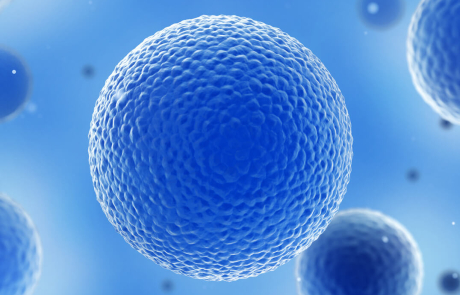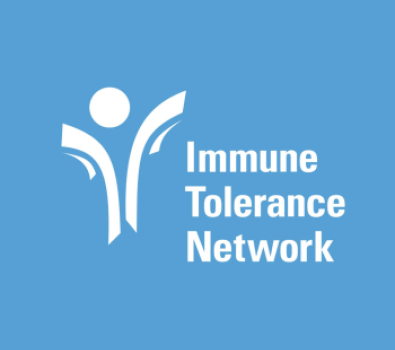Benaroya Research Institute leads the Immune Tolerance Network (ITN), a collaborative network for clinical research, funded by the National Institute of Allergy and Infectious Diseases, part of the National Institutes of Health (NIH).
Immune tolerance therapies reprogram the immune system so that disease-causing immune responses are stopped while maintaining the immune system’s ability to combat pathogen infection. The ITN develops and conducts clinical trials, each supported by mechanistic studies, of specialized immune tolerance therapies in the following areas:
- Autoimmune Disease
- Allergies and Asthma
- Organ Transplantation
In 2021, BRI was awarded its second seven year grant of $27 million annually to provide management and oversight of the Network and fund ITN’s development, coordination, and implementation of international clinical trials for novel therapies and mechanistic, laboratory-based studies in immune tolerance. The ITN grant is one of the largest NIH awards made to any institution and is a significant recognition of the stature of BRI in the research community.
The ITN is also a leading innovator in clinical transparency, as well as data and sample sharing through TrialShare, an online resource that provides access to underlying data, analyses and samples from ITN’s clinical trials. The TrialShare web portal addresses a critical gap in data sharing, making information from research studies fully available so that results can be verified and extended.
ITN Leadership at BRI
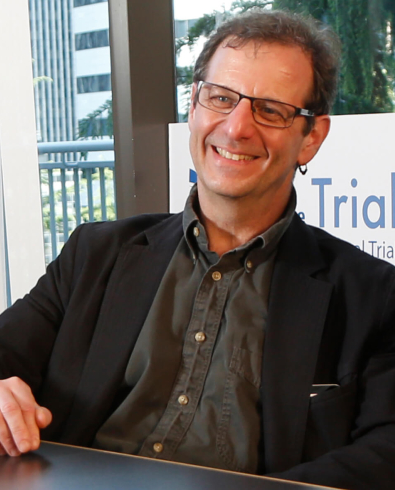
Philip Bernstein, PhD
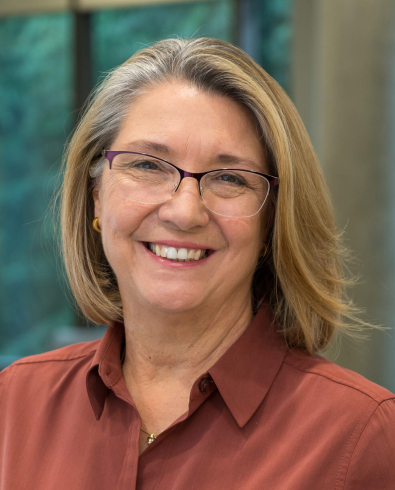
Jane Buckner, MD
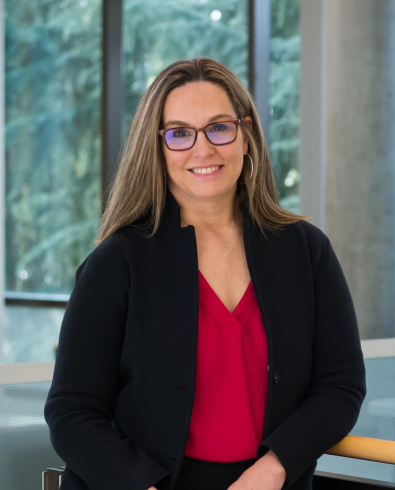
Mary Roy
BRI Staff Supporting ITN
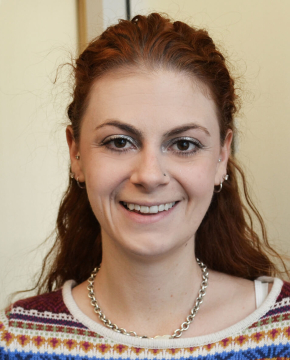
Shannon Achilles
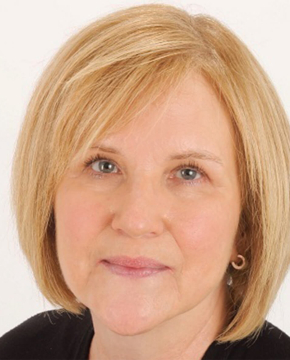
Alison Bemis

Xin Chen

Jesse Forrest

Aaron Gannon

Jared Hennessy

Andrew Kastner
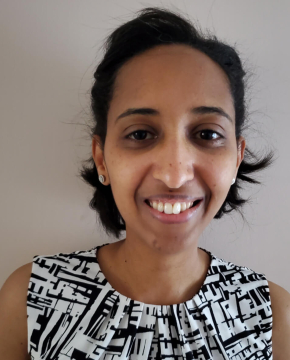
Kidan Kebede

Michael Konieczny
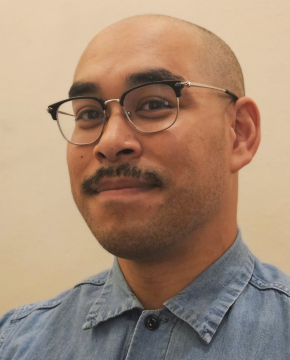
Nabil Morad
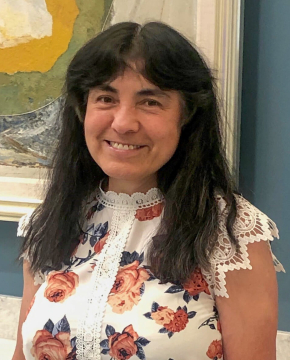
Blanca Obregon, MS

Sebastian Ramos
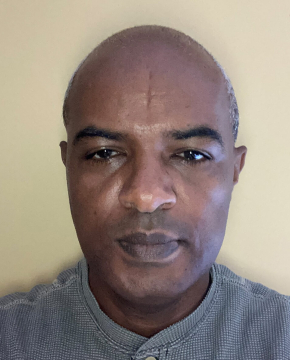
Ben Siyum


